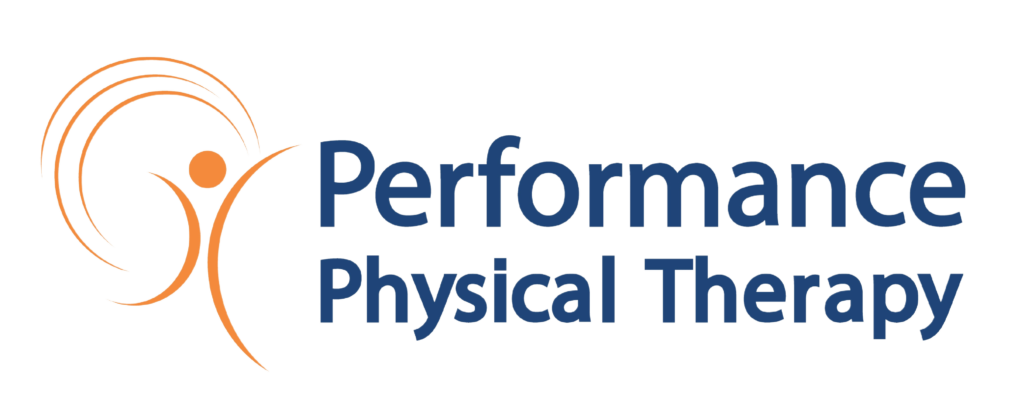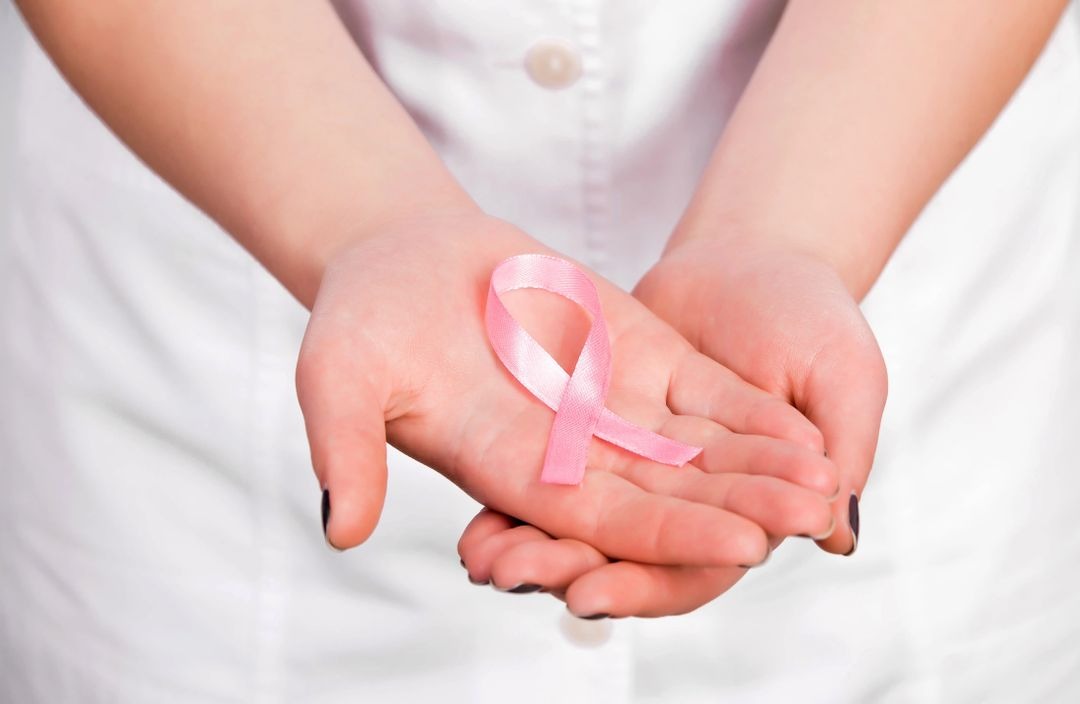Breast cancer is the most common type of cancer that affects women. In this area, it seems as if everyone knows someone who has had this type of cancer. We read important articles on early detection and prevention, but still, I bet you can think of someone who has had it. I can. There are fewer resources to educate these survivors on the side effects of this disease and how to take an active role in improving life after cancer. The life-prolonging treatments, including chest surgery, chemotherapy and radiation therapy, often result in significant problems for the women treated.
The three most common side effects are loss of flexibility of the shoulder and arm, swelling of the arm (lymphedema), and deconditioning. Each one can be successfully treated with the ultimate goal of restoring one’s fighting spirit.
- Loss of flexibility at the shoulder – following breast cancer surgery, scars naturally form. This, combined with immobility, leads to stiffness in the shoulder, arm, and hand. In some cases, the shoulder can become frozen. Once cleared by your surgeon to begin, proper stretches can reverse this. Go to our website at www.pptandfitness.com to view videos of common stretches for shoulder stiffness. The key is to begin stretching the arm and shoulder as soon as safely possible, and try to do a little more each day. Perseverance will always win in this case!
- Swelling – If many lymph nodes are removed, the body’s ability to drain fluid out of the arm is reduced. Keeping the arm hanging down, especially when carrying or holding objects, will make the affected arm swell even more. This can be painful and embarrassing. A physical therapist specially trained in lymphatic drainage can massage and wrap the arm to decrease swelling and help maintain a more normal arm size.
- Deconditioning – Exercise is an important part of cancer recovery. Exercises can help with fatigue management, weakness, shortness of breath, sleep and depression. In addition, exercise will help reduce risk factors for heart disease and stroke – conditions that you should think about after your cancer recovery. Often in our office, our cancer survivor patients may first only start out with exercises done while lying down. The important part is to start under proper supervision, and build on that. Some patients come in between rounds of chemotherapy.
Here are Some Exercise Do’s and Dont’s:
- Before exercising actively, be certain that post-surgery swelling subsides and that surgical wounds are healing.
- Try to start moving as soon as possible after surgery.
- Keep arm elevated after surgery to prevent swelling. Use two pillows to support arm when lying down or sitting.
- Stretch both sides of upper body a few times per day. 3-5 slow repetitions of each stretch.
- Know the difference between discomfort and unusual pain. If pain or fatigue persists, stop and rest.
- After surgery, try to walk around (indoors) for a few minutes 2 – 3 times daily to regain stamina.
- Avoid lifting anything over 2-3 pounds, particularly with the involved arm.
- Enlist anyone you can to accompany you and encourage you to walk frequently.
- Above all, strive for a little improvement every day. Persevere!
- Let involved arm hang down, especially when holding or carrying objects.
- Move arm quickly, or with jerking, pulling motions. Learn to move slowly and smoothly, especially when changing positions, lifting bags, opening doors, etc.
- Carry anything over two pounds after surgery until you receive approval from your physician. Limit carrying anything over 5 pounds indefinitely with involved arm to prevent swelling.
- Wear shoulder bags on involved arm. The pressure of the strap on the shoulder can cause lymphedema. Avoid use of shoulder bags indefinitely.
- Continue an exercise upon unusual discomfort or persistent pain.
- Continue an exercise upon unusual fatigue. Rest for a moment, breathe, relax, and then continue slowly and carefully. If fatigue persists, stop exercising.
- Hesitate to call your physician immediately when experiencing unusual or persistent pain or swelling.
- Ever give up!
As always, consult your doctor regarding any of these points. You must take an active role in your health, because you have chosen to not only survive, but to feel better!


